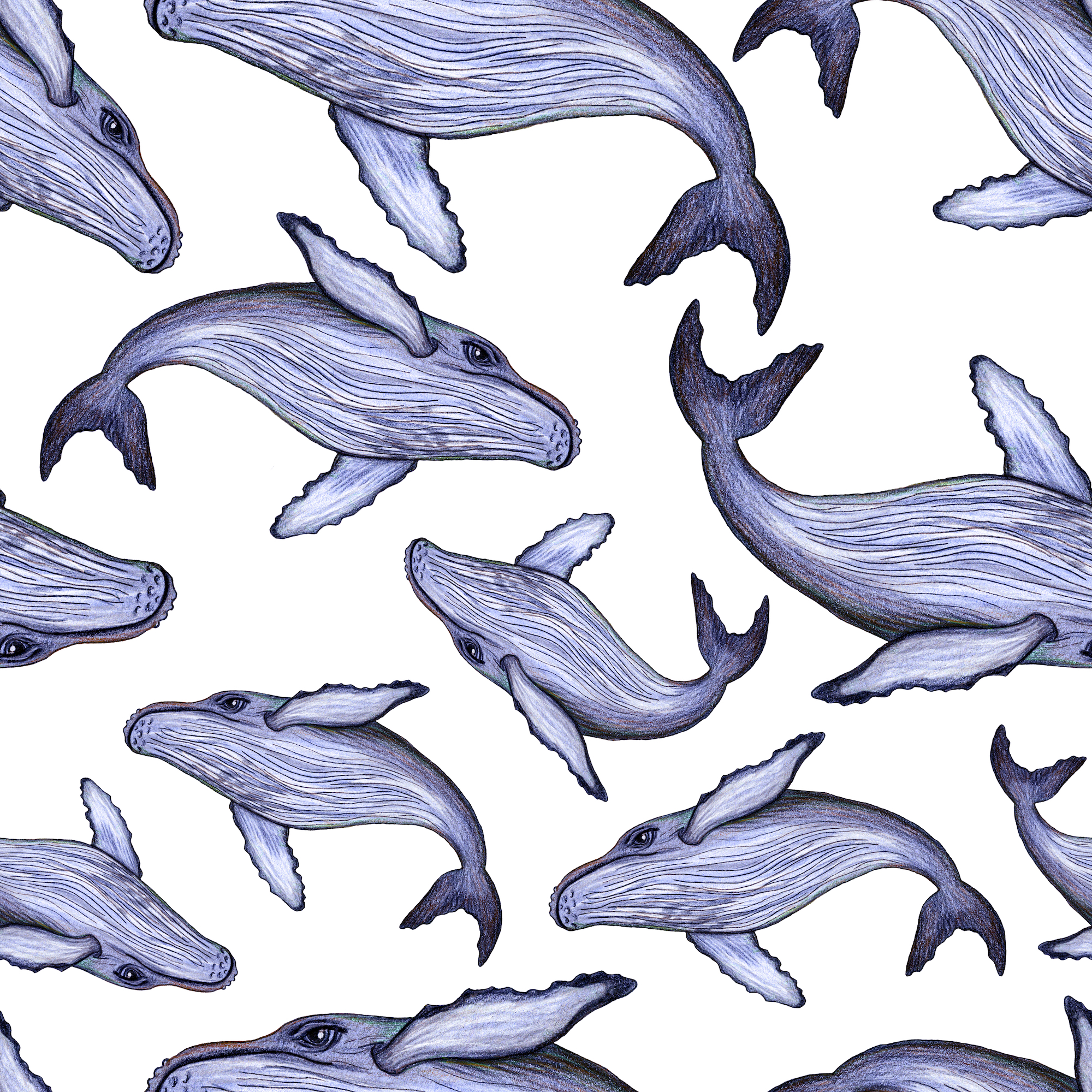All the roads lead to whaling. This could well be the motto for the 64th Annual Meeting of the International Whaling Commission (IWC), which will happen next week in Panama to decide the future of these ocean giants.
Efforts undertaken for several years now by countries with an interest in whaling to weaken and finally eliminate the commercial whaling moratorium could bear fruit this time if the pressure exerted by these countries results in the approval of two controversial proposals which aim at legitimizing whale killing under so-called aboriginal subsistence quotas.
These quotas are renewed every five years and would aim at providing for the nutritional needs of aboriginal communities from Alaska (USA), the Russian federation, Greenland (represented by Denmark at the IWC) and the Caribbean nation of St. Vincent and the Grenadines.
Until 2012, the renewal of these quotas didn’t generate any big debates inside the IWC and were usually adopted by consensus by the Commission. However, the growing commercial nature of these hunts by Greenland and the systematic infringement of IWC rules by St. Vincent & Grenadines have led to questioning about the real interests hiding behind the renewal of such whaling quotas.
In particular, the strategy of the United States, Russian Federation and St. Vincent & Grenadines in proposing a joint renewal of aboriginal whaling quotas does catch anyone’s attention, especially given the history of non-compliance by the Caribbean nation regarding the practice and use of these kills.
According to a report released by the Animal Welfare Institute1 (AWI), although the IWC forbids the killing of mothers and calves, this is a reiterated practice in St. Vincent & Grenadines. According to this report, this Caribbean nation does not provide information to the IWC Scientific Committee about the actual number of whales killed or stricken, nor about the killing methods. Moreover, aboriginal peoples of St. Vincent & Grenadines do not practice whaling, but it is an introduced activity brought there by North American whalers by the late 19th century.
This is one of the reasons why these killings are opposed by civil society in that country, in particular taking into account that St. Vincent & Grenadines is one of the countries associated with the ‘vote-buying’ policy implemented by Japan at the IWC to take over the Commission and maintain whaling activities in the Caribbean region.
In this context, the strategy of presenting a joint proposal would serve to cover up interests which go way beyond the establishment of aboriginal whaling quotas, since once approved, the United States/Russian Federation/St. Vincent & Grenadines ‘package’ would become a negative precedent able to open the gate to create a new whaling category in the region, which hardly relates to the rights of indigenous peoples to eat whale meat.
On another hand, Greenland, despite growing evidence about the commercial nature of its hunt in violation of the current moratorium and IWC rules, is asking for an aboriginal quota renewal which seeks to increase the number of whales hunted annually. This proposal includes killing humpback whales from a population that migrates to Caribbean waters and is utilized by the Dominican Republic and Puerto Rico for a growing whale watching industry, which generates annual earning of some 10 million dollars for the coastal communities there.
A recent investigation by the Whale and Dolphin Conservation Society (WDCS) uncovered that whale meat obtained through aboriginal whaling quotas is being sold in cruise ships, hotels, tourist restaurants and supermarket chains, including Bowhead whale products, a species classified as endangered.
Although Denmark argues that it requires a whaling quota increase to provide for the nutritional needs of its communities, it has become evident that what it actually seeks is to undermine the moratorium and indirectly proceed towards reopening commercial whaling as well as massive trade in whale products.
The threat posed by these proposals to the conservation of Latin American and Caribbean whale populations is significant, given that the interests behind an eventual revival of the whaling industry take aim at the large whale populations which are utilized since more than three decades by our nations for the development of whale watching. With an annual growth of more than eleven per cent and the generation of more than two billion dollars a year, the non-lethal use of whales is consolidating itself as a key activity towards the sustainable development of coastal communities.
The undue pressure exerted by large economic powers such as the United States and Denmark to approve aboriginal whaling quotas which directly affect whale populations of Latin America and the Caribbean and provide cover for illegal or commercial operations is unacceptable for the Latin American nations, which have invested decades of efforts to consolidate the development of a responsible whale watching tourism, which is vital to ensure the economic, social and environmental welfare of hundreds of coastal communities in our region.
1. Cacería de Ballenas Jorobadas en Bequia, San Vincente y las Granadinas – June 2012, Animal Welfare Institute
By: Jose Truda Palazzo, Elsa Cabrera (Centro de Conservacion Cetacea), Roxana Schteinbarg (Instituto de Conservacion de Ballenas)



